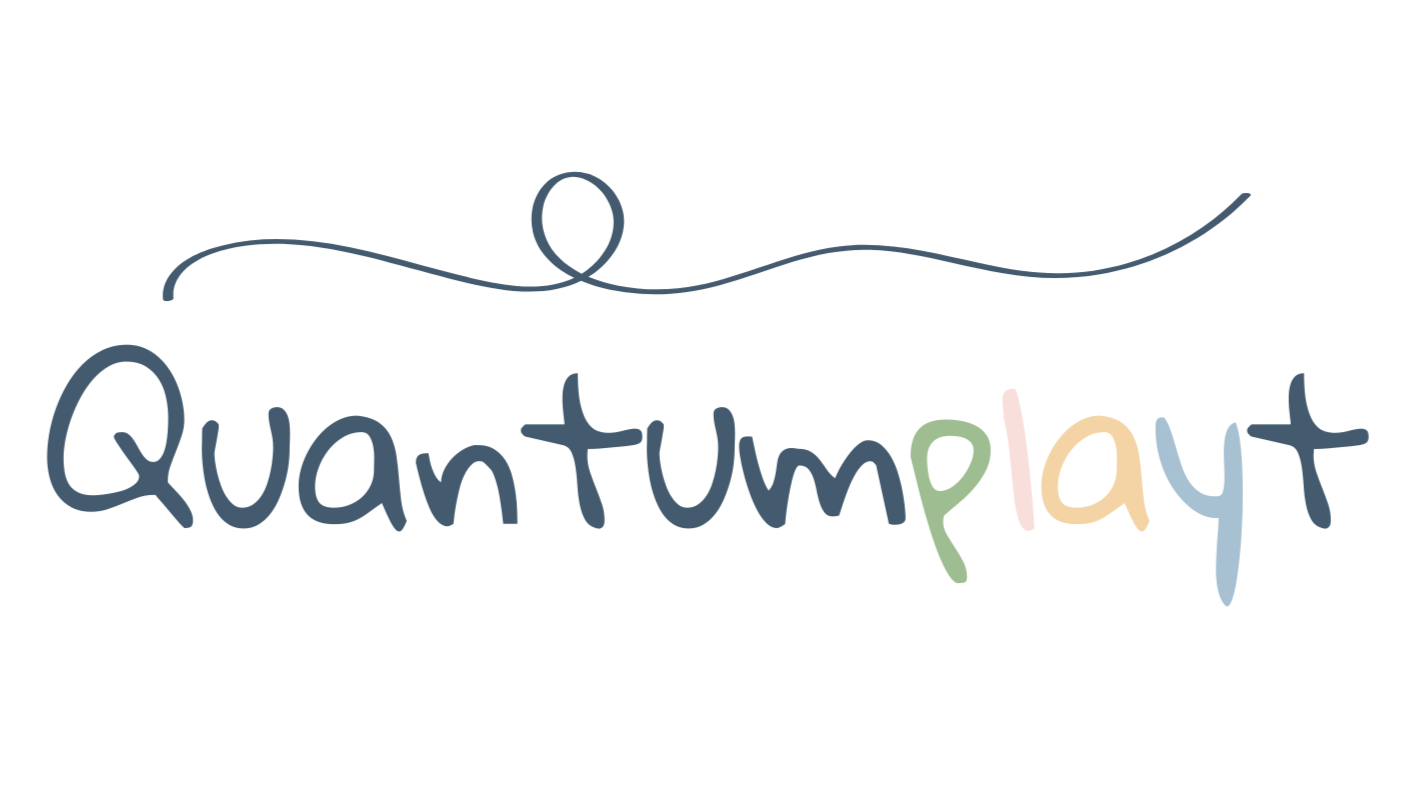
Frequently Asked Questions
General Questions
-
Quantumplayt is located at 2001 Auburn Hills, McKinney Texas 75071 ste 404, near Baylor Scott & White Medical Center in McKinney, Texas, in Building #4 on the north corner. We serve clients from surrounding areas and have a satellite office in Bozeman, Montana, for assessments and evaluations. Select services are available via telehealth in Texas and Montana. Visit our Services page for details.
-
We are out-of-network for all insurance providers and do not accept insurance directly. Upon request, we provide monthly statements with details for filing reimbursement with your insurance carrier.
-
Visit our fees page for detailed pricing information.
-
Starting therapy or evaluations can feel daunting. Call us at 469-444-8139 to schedule a phone consultation, or complete the contact form. We’ll respond within two business days to discuss your needs.
-
To schedule with Dr. Sattari, our lead clinician, call 469-444-8139 or submit the contact form for a free initial consultation. See our intake process for more details.
-
Complete all provided forms fully, as evaluations cannot proceed without them.
Bring copies or originals (for us to copy) of prior mental health evaluations, educational records, or relevant medical records.
Payment is due at the time of service; evaluations require a $350 deposit to schedule testing.
Prepare a list of questions for your clinician.
-
We require 48 hours’ notice for cancellations or rescheduling, or the full session fee will be charged. Contact your therapist with any questions about missed or late-canceled appointments.
-
We offer assessments and evaluations in-person in Texas and Montana. Therapy services vary by location and format, as shown below. Most psychological evaluations are not available virtually.
| Services | Texas | Montana |
|---|---|---|
| Assessments and Evaluations | In-person | In-person |
| Child Therapies | In-person | Not Available |
| Parent Consultation | In-person & Telehealth | Telehealth only |
| Adult Therapy | In-person & Telehealth | Telehealth only |
| Neurofeedback | In-person | Not Available |
| Professional/Business Consultations | In-person & Telehealth | Telehealth only |
Therapy Questions
-
Counseling or therapy fosters self-awareness, emotional growth, and personal strengths through a therapeutic relationship, helping adults live more fulfilling lives. At Quantumplayt, we provide a warm, supportive environment for those navigating challenges in relationships, emotions, or life transitions. Our talk therapy for adults involves one-on-one sessions to explore emotions, behaviors, and challenges through conversation, building coping strategies and resilience for issues like anxiety, depression, or life transitions.
-
Therapy or counseling can foster growth based on your goals and commitment. If life’s challenges feel overwhelming, it offers a supportive path forward. Call us at 469-444-8139 to explore how we can help you, your child, or your family.
-
No, a comprehensive evaluation isn’t required to start therapy, but it can enhance treatment planning. Your therapist may recommend one if needed.
-
Your first (intake) session helps you connect with your therapist and discuss your reasons for seeking counseling. Bring any necessary paperwork, including custody documents if applicable. For neurofeedback, a qEEG (brain activity scan) will be conducted alongside the interview.
-
Parent-Child Interaction Therapy (PCIT) is an evidence-based treatment that strengthens parent-child relationships and promotes positive behaviors in young children. Through guided coaching, parents learn effective strategies to manage challenging behaviors in a nurturing environment.
-
PCIT is for children ages 2–7, with exceptions possible based on developmental stage.
-
PCIT typically involves 14–16 weekly 50-minute sessions. Some families complete it in 12 sessions, while others may need 20 or more to meet treatment goals.
-
Neurofeedback is a non-invasive, evidence-based technique that trains the brain to regulate activity, improving focus, reducing stress, and addressing challenges like anxiety or ADHD for lasting positive changes.
-
A full psychological evaluation isn’t required, but an initial neurofeedback intake session, including a qEEG (brain activity scan), is needed to create a personalized plan.
-
Neurofeedback typically requires 20–40 sessions, with subtle improvements after 5–10 sessions and consistent progress after 15–20. Complex conditions may need 40+ sessions, scheduled 1–3 times weekly. We tailor plans based on your qEEG.
-
Play therapy uses a child’s natural form of expression—play—to process emotions and build coping skills. At Quantumplayt, weekly sessions in a specialized playroom help children manage emotions, solve problems, and heal from challenges, fostering growth and stronger relationships.
-
Play therapy is for children ages 3–9. For ages 9–14, we offer activity therapy; for teens and young adults, we provide talk therapy.
-
Activity therapy, for children ages 9–14, uses engaging activities like art, games, or role-playing to help express emotions, build coping skills, and address challenges. It bridges play therapy for younger children and talk therapy for teens.
-
You’ll meet with your child’s therapist every 2–3 sessions for updates on progress and tailored parenting strategies to support their unique needs.
-
Reassure your child they’ll visit a friendly helper in a fun, toy-filled room. If asked why, say something like, “You’ll play with toys and do activities to help us understand how you feel and learn best.”
-
The play therapy room includes paints and other messy items for self-expression. Dress your child in clothes that can get messy and bring a change of clothes if needed.
-
Privacy is essential in play therapy to foster insight and self-direction. You won’t receive detailed session accounts, but your clinician will meet with you regularly to discuss general themes and progress.
-
Play therapy duration varies, typically ranging from 8–20 sessions, depending on your child’s needs, motivation, and caregiver involvement.
-
All legal guardians must consent to therapy. We encourage primary caregivers to participate for optimal outcomes, though this may not always be feasible except in PCIT, where a parent or guardian’s presence is required.
-
Session lengths vary: adult sessions typically last 50 minutes, children’s sessions about 45 minutes. Younger children may have shorter sessions, while family sessions may exceed 50 minutes. Neurofeedback sessions range from 30–40 minutes, depending on age.
-
The number of sessions depends on your child’s needs and goals. Some benefit from 8–12 sessions, while others may need ongoing support. Your therapist will create a tailored plan for your child’s emotional growth.
Evaluation Questions
-
Consult your child’s physician to discuss concerns, then contact Quantumplayt for a comprehensive autism evaluation. No referral is needed to schedule with us.
-
If your child shows signs like frequent emotional outbursts, difficulty focusing, social struggles, or developmental delays, an evaluation or therapy may help. Anxiety, behavioral issues, or academic challenges also warrant exploration. Call 469-444-8139 for a consultation to discuss your concerns.
-
We specialize in diagnosing autism and other neurodevelopmental disorders, particularly in toddlers and girls, who are often overlooked. Our thorough assessments evaluate multiple conditions to ensure accurate diagnoses, making Quantumplayt a trusted choice for individualized testing.
-
Visit our Fees page for pricing details. Evaluation consultations are also available.
-
Whether you can step out depends on your child’s age and needs. If they have separation anxiety or emotional challenges, please stay on-site. For children comfortable without you, you may run errands, keeping your phone accessible for updates and returning for their lunch break.
-
Evaluation duration varies based on referral questions, diagnostic needs, and your child’s ability. Plan for a full school day absence. We provide an excuse note for your child’s school.
-
Yes, your child will have breaks as needed, including a lunch break aligned with their school schedule and additional breaks for rest, stretching, or snacks. We provide healthy snacks and drinks. If possible, take your child off-site for lunch to offer a break from testing.
-
Explain the evaluation positively to ease worries, avoiding “testing.” Say, “On Friday, you’ll meet a doctor and do fun activities like puzzles, drawing, storytelling, and some school tasks to help us and your teachers learn how you learn best.”
-
After your child’s evaluation, we provide a detailed report with results and recommendations within 2–3 weeks, followed by a feedback session to discuss findings and next steps. Psychological evaluations are thorough, assessing emotions, behavior, intelligence, academic skills, and executive function to provide a diagnosis, if appropriate, and suggest school accommodations. The process includes a parent intake meeting, record review, a 3–6-hour testing day, input from collateral sources (e.g., teachers, therapists), scoring, and report writing, contributing to the several-week timeline. Visit our Evaluations page for more details.
